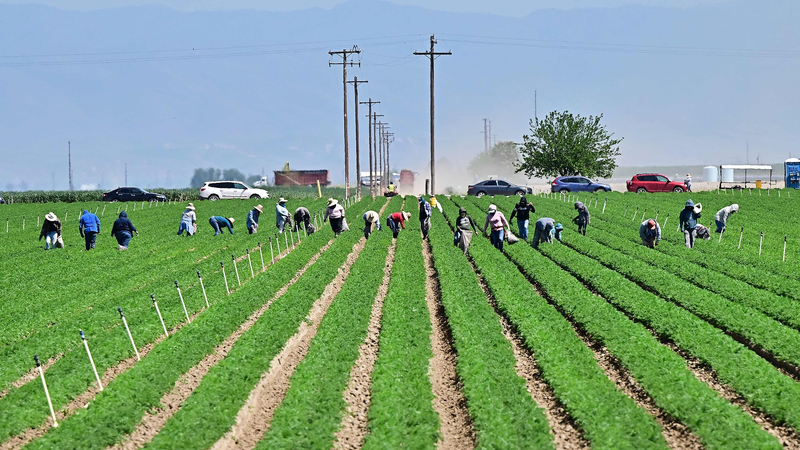As President Donald Trump’s sweeping tariffs ripple through global markets, U.S. farmers are sounding the alarm on a growing "national travesty." With spring planting underway, the new levies have upended lives and livelihoods, leaving producers scrambling to adapt.
Farming on the frontlines
From North Carolina to California, producers who once counted on export markets now face unexpected barriers. Jim Hartman, a beekeeper from North Carolina who voted for Trump three times, says he’s taken a "huge financial hit" after tariffs drove up equipment costs and cut into sales. "I never thought I was going to lose this much money this fast," Hartman told CNN.
Ohio Soybean Association board member Scott Metzger warns that if tariffs persist into the fall or beyond, "farmers could go out of business, and the next generation may be discouraged from coming back." John Boyd Jr., president of the National Black Farmers Association, calls the situation a "national travesty" for America’s backbone: its farmers.
Numbers talk
U.S. agricultural exports reached $176 billion in 2024, with soybeans, corn, beef, nuts, and pork leading the pack. Mexico, Canada, and the Chinese mainland accounted for nearly half (47.3 percent) of those exports, while Japan followed at 7 percent. Now, retaliatory tariffs from the Chinese mainland and Canada threaten to stall key markets and push domestic supply into a price plunge.
Bianca Kaprielian, co-CEO of Creekside Organics in Reedley, California, reports a sharp drop in citrus orders since Canada slapped a 25 percent tariff on U.S. goods. "Those orders have gone down or dried up," she told the Los Angeles Times, fearing an oversupply that could drive prices even lower.
Looking ahead
As farmers juggle rising costs, shrinking markets, and uncertain weather, the debate over trade policy grows more urgent. For many, the hope is that dialogue and data-driven solutions can restore balance to an industry that feeds the world.
Reference(s):
cgtn.com




